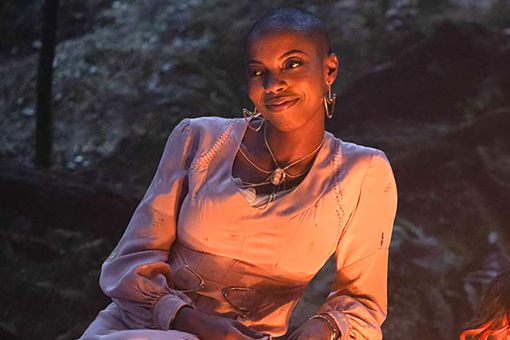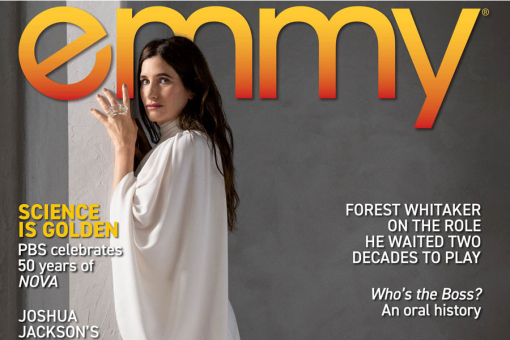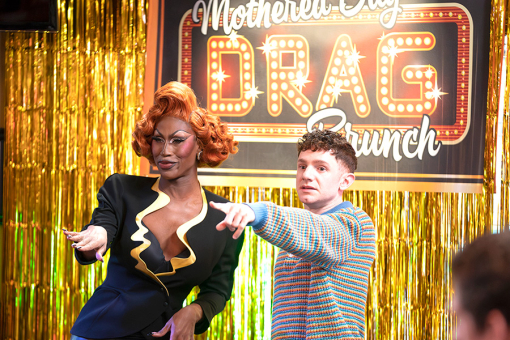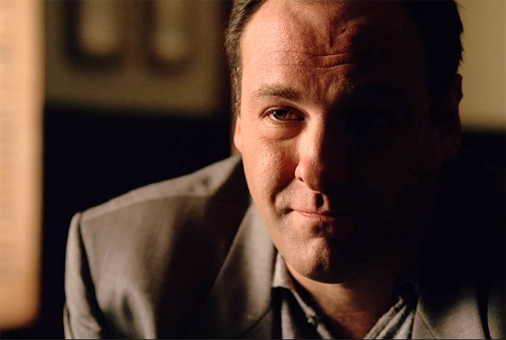"In a crazy way, it feels like my entire career was leading up to this moment," says Marvel Studios' Brad Winderbaum, about X-Men '97.
Winderbaum, who is an executive producer on X-Men '97 and Marvel's Head of TV, Streaming and Animation, first explored animation for Marvel with Disney +'s popular What If? series. The show takes some memorable events and characters from Marvel's universe and gives them the Sliding Doors treatment with a look at how they and their lives could have played out in alternate realities. With the success of that series, Marvel wanted more animated programming, so the first show Winderbaum pitched to Marvel Studios head Kevin Feige was a revival of FOX's classic X-Men: The Animated Series. Feige loved the idea and, judging by the series' nearly perfect Rotten Tomatoes score, so do audiences and critics.
In X-Men '97, a dedicated team of mutants fights to save a society that fears and hates them one year after the passing of their beloved leader, Professor Charles Xavier. While the X-Men battle classic villains like geneticist-turned-mutant Mister Sinister, they also struggle against their own internal prejudice and that of the world they have sworn to defend. This conflict, Winderbaum asserts, is especially potent for Magneto, the X-Men's former archnemesis who Xavier posthumously entrusts with the X-Men's legacy.
Ahead of the show's recent March 20 premiere, Winderbaum spoke with the Television Academy about the genesis of this sequel series and how working on it brought him full circle with his childhood love of comics.
Television Academy: The original X-Men animated series has such a loyal following. Did you feel a lot of pressure to honor the original source material?
Brad Winderbaum: We did. But it was the same feeling we have when we adapt anything. We're standing on the shoulders of giants at Marvel Studios. We've got almost a century-old legacy of comic books with characters that are 50, 60, 70, 80 years old, with fans that span multiple generations. With the X-Men, you would like to believe that the world has shifted in 60 years. But the more things change, the more they stay the same. The X-Men are as relevant today as they were in the '60s when Stan and Jack made the first comic. They are also as relevant as they were in the '90s, when Eric and Julia Lewald made the first animated series.
I enjoyed seeing Magneto switch allegiances after being moved by Xavier's death. How rich was that area for you and your creative team to explore?
One of my favorite things about Magneto as a character is that he is ideologically driven. He is not a liar. He's not a trickster. He tells you what he thinks. And he believes it. One of the great ongoing themes of the X-Men is: Can we coexist? And if we can't, then we have to fight for our right to survive. And that is the dichotomy between Xavier and Magneto. So when Magneto is tasked with fulfilling Xavier's dream, he is outside of his comfort zone. He ultimately wants to protect people like him, and he doesn't believe that peaceful coexistence is possible. But he believes in Xavier enough to try. And that is extremely rich territory.
That's an especially powerful theme today, especially when it's easy to feel gridlocked in our own points of view.
One of the best things that any piece of art can do is hold a mirror up to the world outside our window. It's certainly more achievable with the X-Men than it is with anything else, because this idea of empathy for the people that hate you — empathy for the people you hate, putting yourself in someone else's shoes, and seeing a conflict from multiple angles is so inherent to the X-Men.
Magneto also has a different character design this time around, with a new costume and hairstyle. Was it meant to pair with his change of point of view?
Yes. The famous [Marvel comic] book that we're drafting from here is The Trial of Magneto. In The Trial of Magneto, he's got silver fox hair. He's got the muscle shirt — he's a "zaddy." We're driving at that to parallel his emotional and mental shift, or at least his struggle to shift.
Morph is so fun to see again in this ensemble. How did the team approach building out this character — now recognized as nonbinary — to be more comedic while also honoring their dark backstory?
I think because Morph looks different than they did in the original show, there's a lot of curiosity from the fandom of how much we changed. And it's not until you see it that you realize it's very much the same character. They've had the same experiences that Morph had in the OG show. This is a character who experienced some real trauma and deals with it on a daily basis.
And they lean on comedy as a way to escape being that person.
Exactly. The constant changing of form, the comedic point of view, it's a defense mechanism for Morph.
And for the animators and for superfans, it must have been fun to play with all the different people that Morph transforms into.
Morph's power set is on overdrive in this show. And seeing what they turn into over the course of the season is one of the show's best parts.
How do you think animation in and of itself is its own superpower as a medium for communicating stories in a way that we can't in live action?
My memory of watching the original show was that it was the first thing that met me where I was at emotionally. It didn't talk down to me. It played with ideas that were only echoing around in my own head. I felt like, oh my gosh, I'm not alone. I remember that show giving me that feeling. I'm going to cry.
It was my gateway into comics. And the comics certainly gave me that feeling. And it's probably the reason why I devoted my life to it, to be honest with you.
X-Men '97 is now streaming on Disney+.












